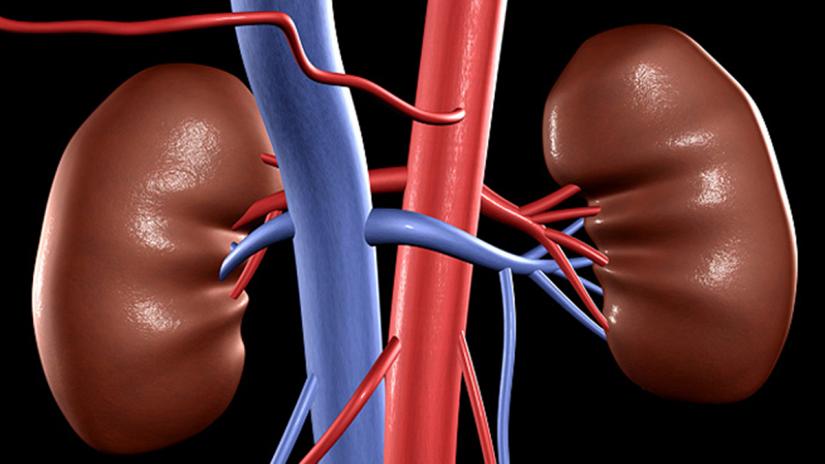 As per the information of the Bangladesh Renal Association, around 12 percent men and 14 percent women in the country face chronic kidney diseases.
As per the information of the Bangladesh Renal Association, around 12 percent men and 14 percent women in the country face chronic kidney diseases.
Relevant quarters say that with the current capacity of the hospitals, 15,000 patients can be given dialysis though the number of patients needing dialysis is 60,000.
Health department says that there are about 100 dialysis centres with a patient incurring a cost between Tk 800 and Tk 8,000 per day.
Consequently, people with limited income and underprivileged backgrounds cannot bear the expenses.
A survey reveals that currently, 850 million people in the world suffer from kidney ailments with more than 2.4 million people dying every year.
Around two crore people have some sort of kidney related ailment and that’s why doctors and specialists are emphasizing on prevention and dialysis.
Professor of the department of Urology of BSMMU, Dr Habibur Rahman Dulal, says: “Some problems are congenital which include inability to pass urine, immature kidney etc.”
Dr. Habibur Rahman, says: “A kidney patient has to take dialysis twice a week and each session costs Tk. 4-5 thousand, with the monthly bill crossing Tk 100,000; since the district hospitals do not have dialysis facilities, patients have to come to the capital which involves more expenses.”
MD of Lab Aid, A M Shamim, says that they have taken the initiative to establish 100 dialysis centres across the country. Meanwhile, Nephrology professor of BSMMU, Dr Asia Khanam, says: “Only 20 percent of kidney patients are getting dialysis with around fifty percent unable to carry on treatment due to absence of government support.”
Saying that the entire cost is often borne by the family, he added: “only 5 percent patients who can transplant a kidney are well.”
Director of the health economy institute, Syed Abdul Hamid, says: “We need to help those who cannot take dialysis; a system has to be in place under which a patient will have registration, biometrics and a card containing all the relevant information.”
The money will be given through service providers and later the provider will claim and get the money from the hospitals, he added.
 Others
Others
41048 hour(s) 58 minute(s) ago ;
Morning 03:52 ; Monday ; Jun 23, 2025
Affordable dialysis essential to save kidney patients
Send
Taskina Yeasmin
Published : 15:21, Apr 30, 2019 | Updated : 12:31, May 01, 2019
Published : 15:21, Apr 30, 2019 | Updated : 12:31, May 01, 2019
0 ...0 ...
/tf/
Topics: Top StoriesExclusive
- KOICA donates medical supplies to BSMMU
- 5 more flights to take back British nationals to London
- Covid19: Rajarbagh, Mohammadpur worst affected
- Momen joins UN solidarity song over COVID-19 combat
- Covid-19: OIC to hold special meeting
- WFP begins food distribution in Cox’s Bazar
- WFP begins food distribution in Cox’s Bazar
- 290 return home to Australia
- Third charter flight for US citizens to return home
- Dhaka proposes to postpone D8 Summit
Unauthorized use of news, image, information, etc published by Bangla Tribune is punishable by copyright law. Appropriate legal steps will be taken by the management against any person or body that infringes those laws.
Bangla Tribune is one of the most revered online newspapers in Bangladesh, due to its reputation of neutral coverage and incisive analysis.
F R Tower, 8/C Panthapath, Shukrabad, Dhaka-1207 | Phone: 58151324; 58151326, Fax: 58151329 | Mob: 01730794527, 01730794528


